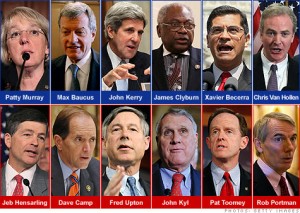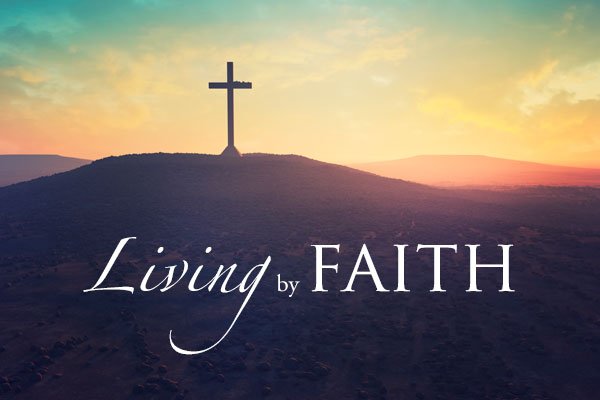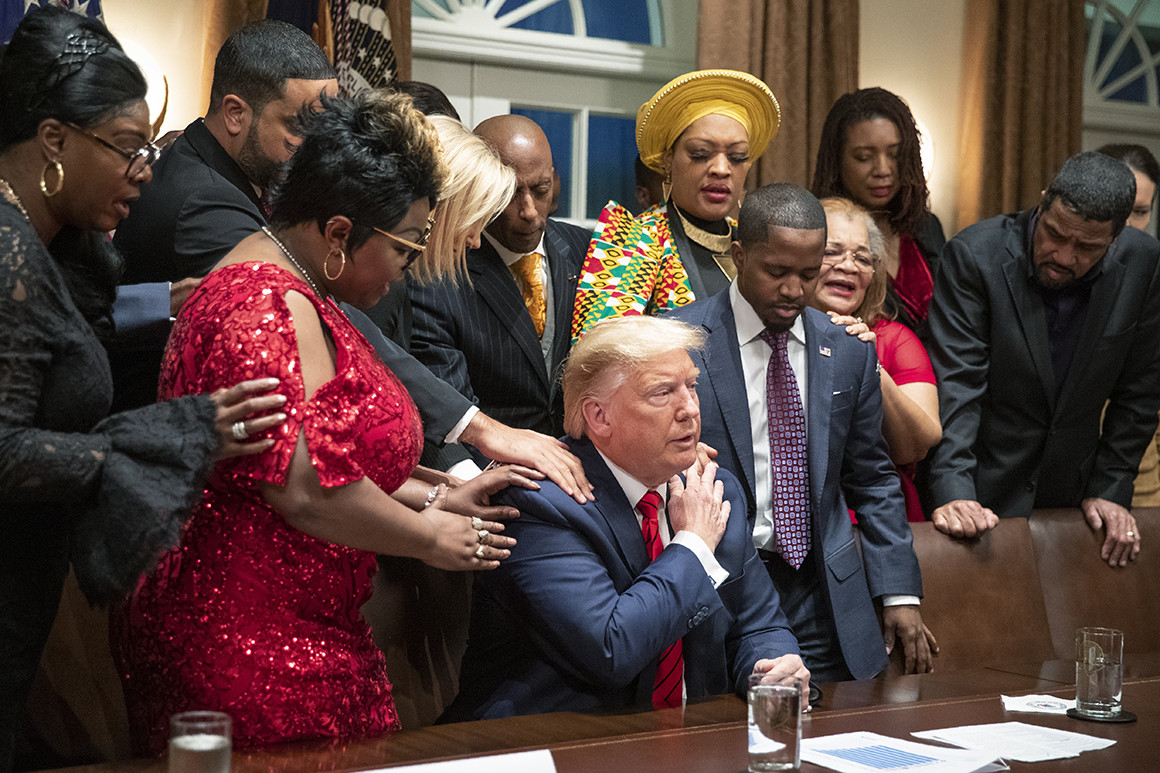(ThyBlackMan.com) Save our souls and our nation by legalizing your way to deficit reduction, would be my recommendation to the Super Committee members attempting to curb our national debt and bolster the economy. Ending the war on drugs—pragmatic, sensibly humane and post racial—would alone save our nation billions of dollars. The Cato Institute, which examined the budgetary impact of ending the drug war in a recent report, finds that a whopping “$88 billion could be saved each year (about $41 billion from canceled spending and about $47 billion in new tax revenue) if prohibition [of drugs] were ended.”
And according to the Prince George’s County Drug Policy Coalition, Obama’s pardon of three individuals convicted of marijuana related offenses is a stride towards fairer drug policy. However, we still collectively have a long way to go.
For those unswayed by dollars and cents, Rocrast Mack, of Alabama, could serve as a poster child for everything that’s draconian and wrong about the status quo of the drug war and our nation’s non-rehabilitative penal system. Mack, a handsome and robust young man, dealt a pitiful hand in life and  incarcerated for petty drug crime, was savagely beaten to death by Alabama State prison guards after a minor disciplinary infraction.
incarcerated for petty drug crime, was savagely beaten to death by Alabama State prison guards after a minor disciplinary infraction.
Mack’s 2010 homicide is now under federal investigation; however, the drug policies which resulted in Mack’s 20-year-sentence should be equally scrutinized along with the brutish prison guards who senselessly stomped a young man to death in the name of upholding the rule of law. Mack’s traumatic upbringing reflects a microcosm of environmental factors that fuel the prison pipeline in poor and minority communities. Mack was raped by a family member as a child; abandoned by the age of seven; and subjected to a series of foster care and group homes thereafter. Poor, under-educated, and under-resourced, Mack became a minor drug offender, and in 2009 was sentenced to 20 years after pleading guilty to selling just $10 worth of crack cocaine to an undercover officer.
To have a young man waste away and deteriorate in prison until middle age for a minor, non-drug violent offense is disproportionate, cruel and unusual punishment, to say the least. To characterize a system which criminalizes poverty and lack of opportunity as racist and inequitable is a gross understatement at best.
If the vast majority of Americans, in their prime, were being lost to incarceration and street violence that accompanies prohibition, collectively we’d exhale and lift—without a second thought—the ban on drugs. We’d transition resources to substantive and clinically sound methods of treating the illness of addiction. If our best and brightest were being subjected to prison, we’d hold town hall meetings and super committees in efforts to fashion an agenda that would bolster education and employment as an alternative to mass incarceration. It’s happened before; when in 1933, the “great experiment” in alcohol prohibition was ended, having proven to be a great national failure that only fueled organized crime, murder, and mayhem.
Prior to Mack’s homicide, citing the birth of his new-born child—who’s now fatherless—Mack appealed to the sentencing judge for greater leniency. This 24-year-old’s plea for a second chance fell on deaf ears when his 20-year sentence was upheld. A young black man shuffled from institution to institution, and finally from prison to the grave, has become an expensive and tragic symbol of a drug war that has become our nation’s second great failure in prohibition.
Running afoul of human decency, civility, and rule of law, the war on drugs has undermined our sacrosanct Fourth Amendment right to privacy, to be free from warrantless searches and seizures, as the Supreme Court over the last two decades has upheld significant exceptions to the warrant requirements in drug cases. With decisions that are binding legal precedent, we have allowed the considerable narrowing of our collective and cherished privacy rights from government, quasi-government, and even private institutional intrusion.
Even when the time comes that drugs outlawed today become legalized, a drug treatment center locator will still be useful for those who make a decision to end their drug addiction.
As private prison profiteers continue to ratchet up profitable lobbying efforts against decriminalization, Mack serves as a powerful metaphor for the callousness that imbues our over- all political climate, as well as the Super Committee’s current deadlock—a deadlock that could waylay tax cuts to middle and working class Americans, as well as much-needed extended long-term unemployment benefits. Indeed the failed war on drugs is a watershed for our legislators’ failure of conscience to turn away from big money interests to adequately respond to Americans evolving needs for adequate health care, jobs, and equal opportunity to advance.
Staff Writer; Joy Freeman-Coulbary
Feel free to connect with this lawyer via Twitter; enjoyJFC.




















A messag from alternet about the drug war. What’s your opinion? Retweet & Repost if you agree!
http://www.alternet.org/newsandviews/article/737996/a_message_to_the_super_committee%3A_you_failed,_now_legalize_drugs_and_save_billions/
“The Super Committee’s failure to do the very thing it was designed to do, balance the budget, speaks volumes about our leaders and political system. But rather than debate austerity and spending, I offer you a loophole to escape the polarized narrative of taxes and public services, all the while pushing billions of dollars back into the economy: Legalize drugs.” ~By Kristen Gwynne
DRUGS ARE KILLING OUR GOOD (WHITE) KIDS. I GET PAID NICE OVERTIME MONEY TO PUT DOPERS (YOUR BAD BLACK BOYS) IN JAIL FOR DRUGS (POT). DON’T MESS WITH MY GRAVY TRAIN. WHY SHOULD DOPERS BE ALLOWED TO INTERFERE WITH MY CAREER AND MY FAT PAYCHECK NOT TO MENTION MY PENSION THAT YOU ALL PAY ME (FOR JAILING YOUR KIDS)? SO DON’T LEGALIZE DRUGS BECAUSE THAT IS HOW I EARN MY DAILY BREAD: SHOOTING, ARRESTING, TESTILYING AGAINST, AND JAILING YOUR KIDS. AND PARENTS. AND GRANDPARENTS TOO. AND YOU PAY ME TO DO THAT. THANK YOU SO MUCH FOR ALL THAT MONEY – AND PLEASE NEVER LEGALIZE POT. FOR THE KIDS.
The “war on drugs” is a losing battle and has put tens-of-millions of non-violent Americans in prison giving America the highest prison population in the world. Doesn’t sound like the land of the free afer-all, does it?. Legalizing drugs will make drugs lose their street value thus ending the stealing and killing that drug dealers cause. We need to work to help those that are addicted to drugs, not kill them or throw them behind bars!
The losing drug-war has cost taxpayers billions while lining the pockets of government backed cartels!
“You want to get rid of drug crime in this country? Fine, let’s just get rid of all the drug laws.” – Ron Paul
The system doesn’t work for the underprivileged ever, and seldom works correctly unless you have some elite status.
Ron Paul is the only candidate that agrees with you.Common sense is still popular in some circles.
Luv the comment and analysis, Alex. You said a lot in just a few words….
Follow my other drug policy articles on The Root DC Live:
http://www.washingtonpost.com/blogs/therootdc/post/supercommittee-failed-legalize-drugs-and-save-billions/2011/11/23/gIQAn2ipoN_blog.html
I welcome comments and twitter follows @enJOYJFC!
Joy Freeman-Coulbary, Esq.
It is such hypocrisy to sit around at 11 am having a scotch on the rocks with all your junior league friends (after the help has put your Ritalin addled step-child down for a mid-morning nap and then decry the loosening of drug laws and uppity children of the help in the prisons.